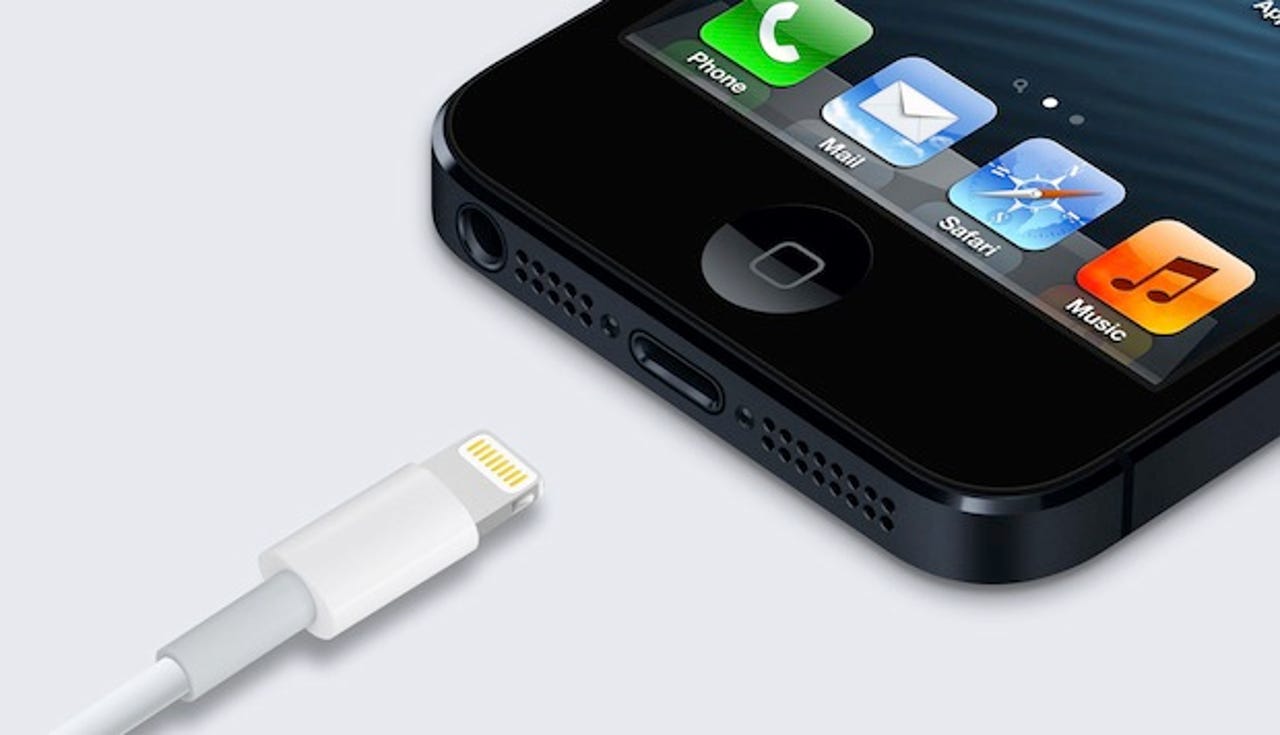EU plans to pass common phone charger law: Et tu, Apple?


The latest brainbox idea out of Brussels is to pass a law that would see every mobile manufacturer operating in the region — which is pretty much all of them — adopt a universal phone and tablet device charging standard.
In itself, it seems quite plausible — sensible, even. In reality, though, getting almost every major mobile company in the world on the same page is going to be quite a task.
On Thursday, the European Parliament's internal market and consumer protection committee (IMCO) voted in principle to move towards a law forcing companies to comply with a universal charging standard. The resolution was adopted by the committee unanimously, with 35 votes in favor.
"[D]evices and their accessories, such as chargers, should be interoperable," members of the European Parliament were quoted as saying, "mak[ing] mobile phones simpler to use and cut costs and waste for users."
At this stage, thanks to the overly complex nature of Brussels-based bureaucracy, a law has not yet been passed, but the initial resolution is a push in the right direction. Any such law could take years to form.
The humble micro-USB charger has for many years been the unofficial standard phone and mobile device charger across nearly all manufacturers the world over.
Nearly all, that is. Apple still has yet to play ball.
There's a back story to this.
Back in 2009, the European standards agencies chose the micro USB as the universal interface point for smartphones in the now 28-member state bloc. It came after pressure from consumers and industry groups, which were concerned about the lack of interoperability between device accessories. If you had a Nokia phone, you couldn't power it up with a Motorola charger, for instance.
Mobile manufacturers were told to either sort the issue out themselves or face mandatory EU legislation. A non-legally binding "memorandum of understanding" saw 14 different companies, including Apple, sign up to a pledge to commit to offering a compatible charger on the basis of the micro-USB connector.
As a result, all the companies — including Nokia, Samsung, Motorola, and Huawei — modified their at-the-time upcoming and future devices to adopt the standard. This not only had an effect across Europe, but also the world.
Except, Apple kept its 30-pin adapter for its iPhones and iPads regardless. Because the memorandum isn't legally binding, the Cupertino, California-based technology giant could carry on without taking (too much) flak from European politicians.
Apple's 30-pin connector, along with its newer Lightning port, allow for audio and video streaming, whereas micro-USB based devices only support data transfers and charging. It's why some come with an HDMI or other video ports. Also, transferring vast amounts of data in the gigabyte-plus range is far quicker over Apple's ports than over micro USB.
Apple does, however, provide adapters (at a cost) that convert its 30-pin adapter into a USB-based port, but they are only available in Europe. The Lightning port to micro-USB cable adapters are, however, available worldwide.
Though USB may have been the standard back in 2009, there's no direct mention of the popular port in Thursday's resolution. Though Apple may have been chastised for its proprietary port for years, it may well have been far ahead of the curve if mobile manufacturers choose to adopt a faster, better technology that suits consumers of today.